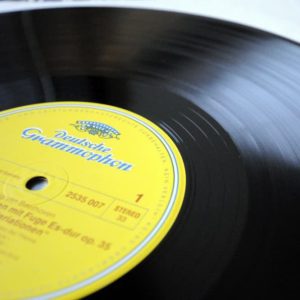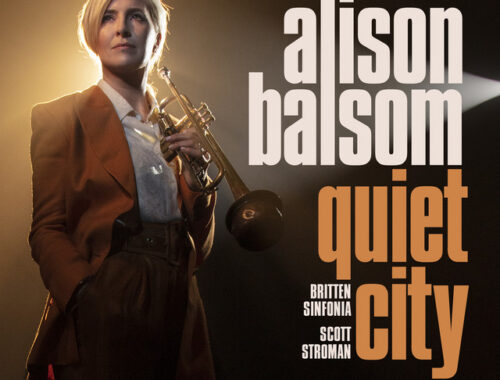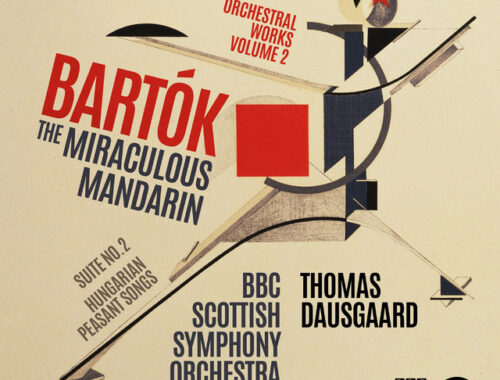FRIDAY 11TH JUNE 2010 DMITRI HVOROSTOVSKY
Wigmore Hall
Dmitri Hvorostovsky dedicated his first Wigmore recital in many years to the great Russian mezzo Irina Arkhipova – a voice which by all accounts set this hall vibrating for days after the event. It’s interesting what the size of a hall and the type of acoustic can do for a voice. The idea that Hvorostovsky could sound hectoring and even at times in danger over-singing Wigmore Hall might have come as a surprise to those of us who’ve heard him more often in far larger venues. It’s not a big voice. So how much was it the immediacy of the hall and how much the weathering of a fine instrument?
For the most part he chose dark, decidedly world-weary, songs from the catalogues of Tchaikovsky and Rachmaninov. “Again, as before, I am alone” set the tone and the tone was oppressive. The high G-sharp was startling, a trifle hard; most of the warmth was paradoxically in the lower register. “The Nightingale” began there and the bitterness was inescapable. It seemed to peak fiercely with “The Heroic Deed” with singer and his “orchestral” pianist Ivari Ilja storming the barricades of despair in search of “patience, love, and devotion”. Hvorostovsky cracked a winning smile after this number as if to indicate how much he relishes a good drama. But we badly needed a lighter song for good behaviour and not even the hectic “Don Juan’s Serenade” – so little time, so many women – exactly fitted the bill so lustful and cynical was it. Glimpses of the famed Hvorostovsky “honey” were heard in the melismatic Borodin-like melody of Rachmaninov’s “Do not sing for me, fair maiden” but, though compelling, I didn’t feel we were hearing him at his best.
In the second half, Tchaikovsky’s “A tear trembles” was bravely direct, the voice presented naked and without “cover”, but then came “No, only the heart” and all one’s happiest memories of this singer flooded back in the enticing portamento of one exquisitely veiled phrase on the words “the one who loved me”. It was an Onegin moment if ever there was one and suddenly Hvorostovsky was right inside the recital. An audible gasp from the audience greeted the eternal final phrase of Rachmaninov’s “In the silence of the secret night”, amazing breath control at the service of both poetry and musical line, and the lightly inflected deftness we had been waiting for all evening came, better late than never, in the Tchaikovsky “Serenade” of his encores. Now he was really warming up.
You May Also Like

GRAMOPHONE: From Where I Sit – February 2018
28/02/2018
GRAMOPHONE Review: QUIET CITY – Balsom, Britten Sinfonia/Stroman
31/10/2022